PCPM improves living conditions and creates new jobs in Burkina Faso
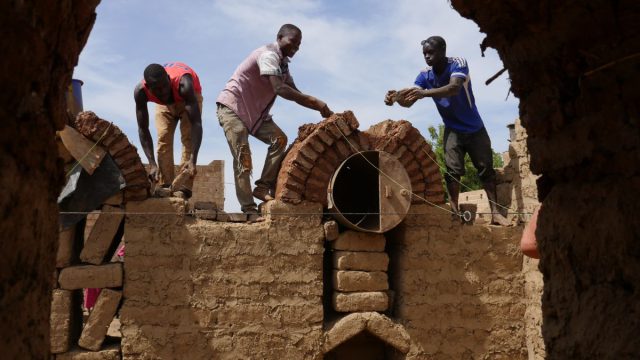
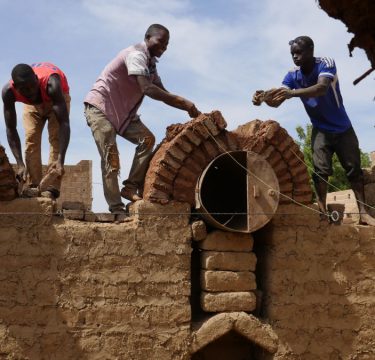
Burkina Faso is one of the Least Developed Countries (LDC) in the world, where poverty remains endemic, and almost half of the population live on less than $1.25 a day. The country’s economic growth is being hampered by environmental and demographic factors. The Burkinabe economy is heavily reliant on agriculture, with close to 80% of the active population employed in the sector. However, the desertification of the region, caused by increased global temperatures, and frequent droughts have reduced agricultural productivity. Per capita food production has been declining, and the country has struggled to retain food self-sufficiency.
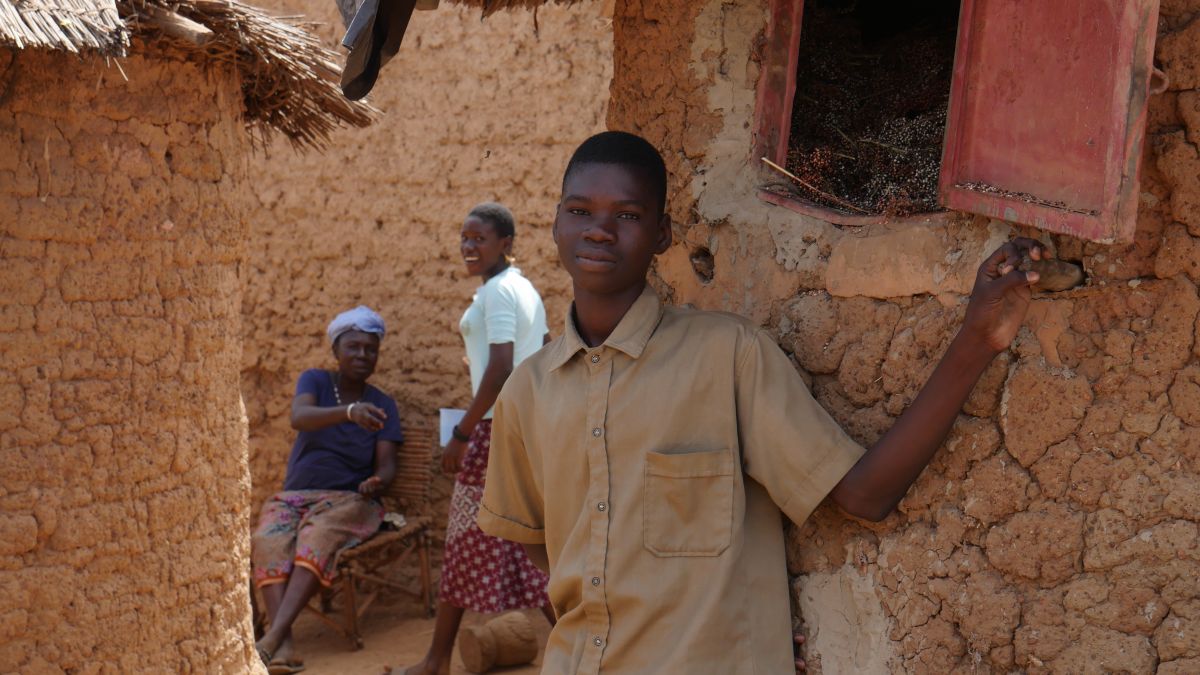
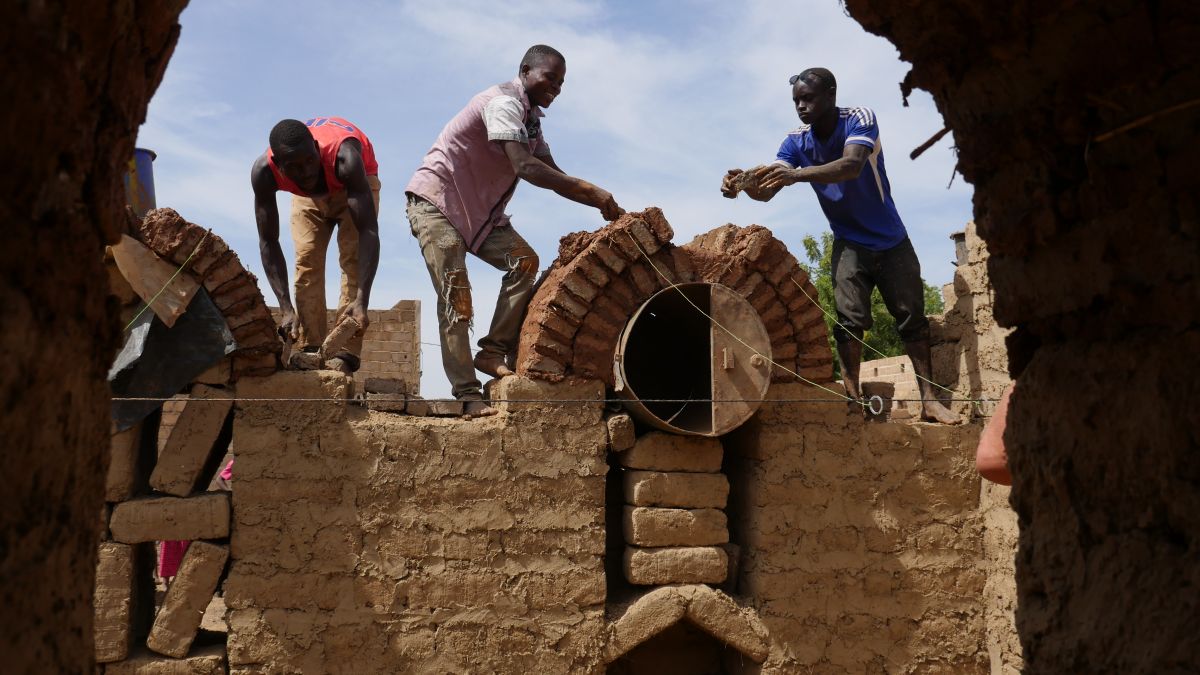
Despite chronic undernourishment and widespread poverty, the population of Burkina Faso, which is currently estimated at 20 million, has been increasing at a galloping pace. According to UN estimates, the country will be home to more than 42 million people by 2050. Rapid population growth has outstripped the government’s ability to create jobs, thus leading to a widening gap between the rising labor force and available employment. This dangerous trend largely affects youth under 25 years of age, which constitutes 65% of the overall population. Hungry, frustrated, and with no prospect of taking up paid work, young Burkinabe are at risk of socioeconomic marginalization, involvement in criminal activity or religion-inspired extremism. Many decide to go out on a limb and leave the country in search of opportunities and a brighter future elsewhere.
PCPM has been working with the Nord Region’s stakeholders to build local initiatives to tackle the root causes of outward migration, with focus on enhancing the employability of the youth. The region, which leans against the border with Mali, is one of the most economically unstable and vulnerable terrorism-prone areas in Burkina Faso. It is partially located in the so-called red security zone.
PCPM has launched a pilot project that addresses the underlying causes of migration through a three-pronged approach: improving living conditions; increasing access to technical education and vocational training; and creating new jobs. In practice, we will build 60 houses for families who are at risk of migration, while employing 30 qualified bricklayers, and training 120 young builders directly on the construction sites. According to UN estimates, only 3.5% of Burkinabe students have access to technical education and vocational training.
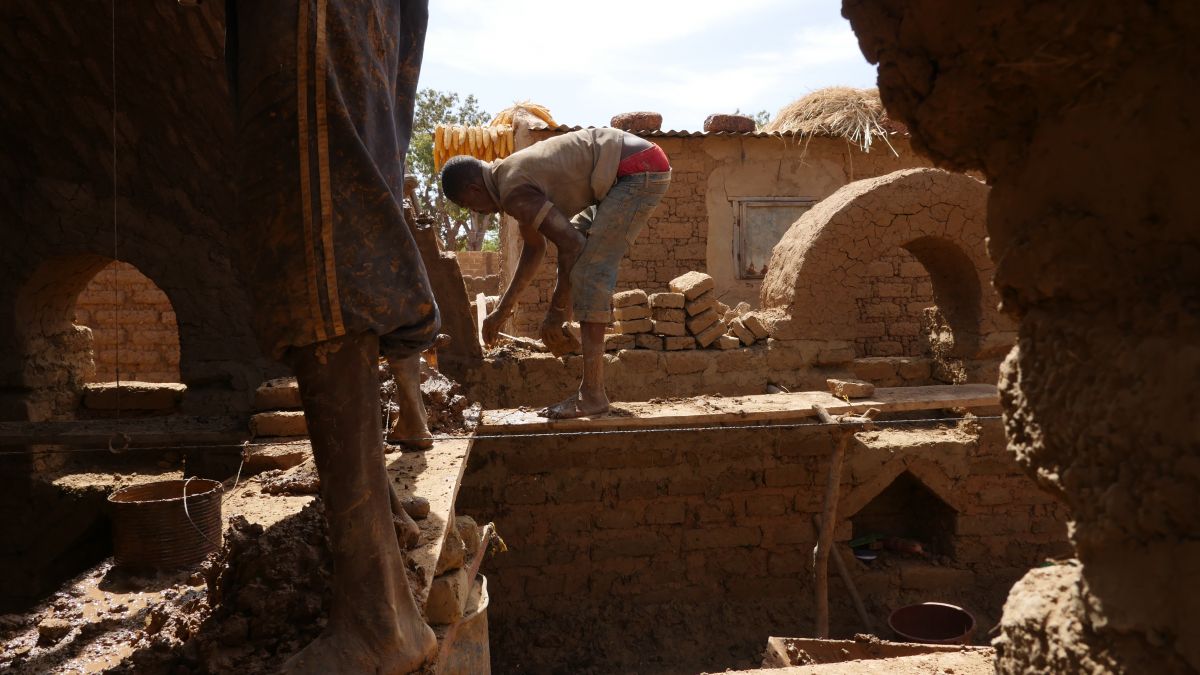
The houses will be built by using the so-called Nubian Vault technique, considered to be optimally adapted to the sub-Saharan climate and the economic situation of the country. The technique enables the construction of buildings with vaulted roofs without timber framework or shuttering. Nubian vaults are aesthetic and extremely resistant to the elements, have natural thermal and acoustic insulation, and are built with locally available materials (earth for making both mortar, and mud bricks dried in the sun), without the use of timber, rebar and cement. Nubian vaults represent a sustainable and affordable alternative to the roofing sheets (corrugated iron) that are today widespread in Africa.
The project is co-financed by the Polish development cooperation programme (Polish Aid) of the Government of the Republic of Poland; and is being implemented by PCPM in partnership with the Association la Voûte Nubienne (AVN), and the FNGN – a farmers’ union with more than 5000 village groups, which supports the development of rural areas in the country.
f you want to support our actions, please make a donation.
- Donations in PLN: 18114010100000522868001001
- Donations in EURO: PL54114010100000522868001032
- Donations in USD: PL88114010100000522868001002
- SWIFT: BREXPLPW
PCPM na Instagramie: @fundacjapcpm
PCPM na Facebooku: Polskie Centrum Pomocy Międzynarodowej (PCPM)